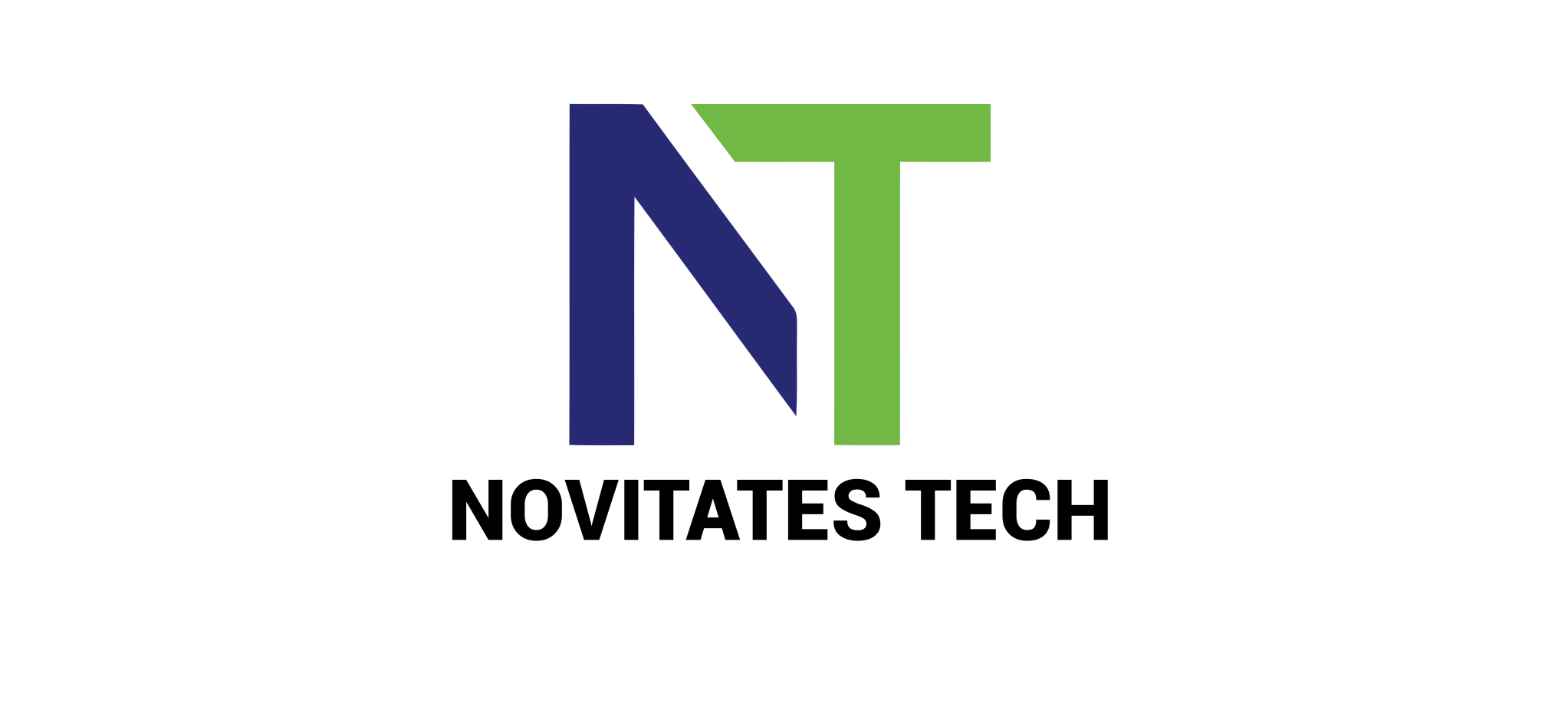In today’s rapidly evolving digital landscape, where cyber threats loom large and data breaches are increasingly commonplace, the need for robust authentication solutions has never been more critical. As technology advances, so do the tactics of malicious actors, necessitating innovative approaches to safeguarding sensitive information and digital identities. According to the latest market insights, the Advanced Authentication Market is estimated to grow substantially, reaching USD 29.81 billion by 2029, with a projected CAGR of 13.20% during the forecast period (2024-2029) source.
Recent initiatives by tech giants underscore the importance of implementing enhanced authentication measures. In February 2022, Google announced the rollout of two-step verification for over 150 million users, a move aimed at combating password theft and enhancing account security. This initiative yielded promising results, with a reported 50% decrease in accounts hijacked due to password theft. Additionally, two million YouTube users were mandated to enable two-step verification, further fortifying the platform against unauthorized access source.
Despite such proactive measures, the prevalence of data breaches remains a pressing concern. A recent analysis by POLITICO revealed that nearly 50 million individuals in the United States had their sensitive health data compromised in the past year alone. Such breaches not only jeopardize personal privacy but also underscore the urgent need for robust authentication protocols to prevent unauthorized access to sensitive information source.
Biometrics technology has emerged as a powerful tool in the realm of authentication, offering unparalleled accuracy and security. In India, the biometrics market witnessed significant growth, with a market size of INR 21,541.1 Crores in 2023. Looking ahead, market analysts predict a substantial expansion, with the market expected to reach INR 65,858.3 Crores by 2032, reflecting a notable CAGR of 12.8% during 2024-2032 source.
However, as technology evolves, so do the threats it faces. The rise of AI-generated deep fakes poses a significant challenge to traditional authentication methods. According to Gartner, 30% of enterprises are expected to consider identity verification and authentication solutions unreliable in isolation by 2026, owing to the proliferation of deepfake technology. In light of this looming threat, organizations must adopt multifaceted authentication approaches that leverage AI and advanced algorithms to discern genuine identities from fraudulent ones source.
The evolving landscape of cyber threats necessitates a proactive approach to authentication. While advancements in technology offer promising solutions, such as biometrics and AI-driven authentication, they also present new challenges, such as deep fake threats. By staying abreast of emerging trends and leveraging innovative authentication solutions, organizations can effectively safeguard digital identities and protect sensitive information from unauthorized access.





